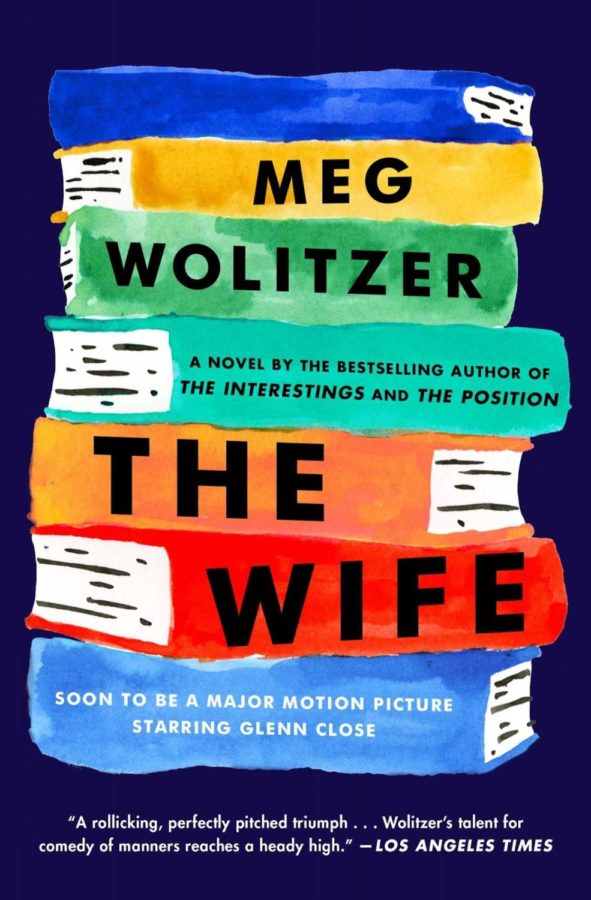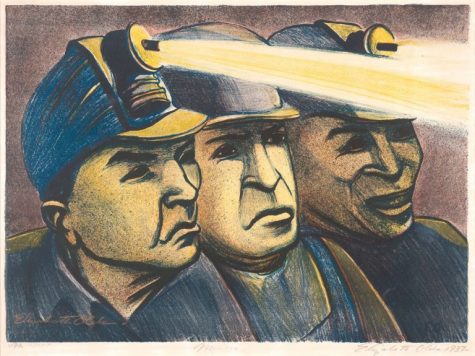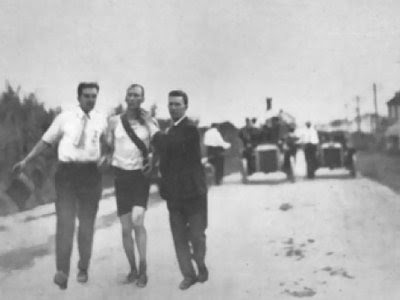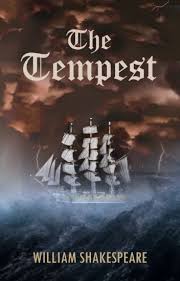The Wife by Meg Wolitzer
Between the Lines: Monthly Book Reviews by Esmé Bessor-Foreman
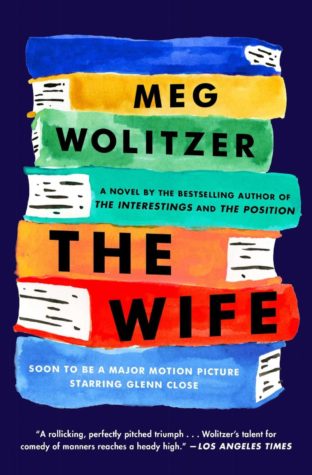
Clocking in at a mere 219 pages, Meg Wolitzer’s The Wife packs a dense punch, as though a much larger novel had been shrunken down through some Ant-Man technology into this slim volume. Told from the smart, quick-witted perspective of Joan Castleman, the titular wife of a famous author, the book begins when she decides to leave her husband just as they are flying to Finland for him to receive the Helsinki Prize (a step down from the Nobel Prize) for his writing. There is much more going on than originally meets the eye, as Joan scrupulously deconstructs their decade-spanning relationship, flitting back and forth through time like a moth caught between street lights.
While The Wife is narrated by a woman old enough to be a grandmother, the character’s disposition is lively and fluid, making the book accessible and enjoyable across generations. The stream-of-consciousness storytelling structure employed throughout is often unexpectedly funny to the point of having to put the tome down for a moment until the stitches subside. Wolitzer clearly loves words and takes any and every opportunity to use unusual ones, which clearly (but not annoyingly) demonstrates the narrator’s intelligence and similar love of words. The combination of the two—wit and intelligence—make the subject material, which certainly has the capacity to be dull in the hands of anyone other than Wolitzer, become surprisingly engaging, both emotionally and mentally.
The Wife also boasts a unique structure; that is to say, none at all. The narrative is told much like one would tell their life story—non-linearly, constantly jumping back and forth through time as they remember certain things pertinent to the subject at hand. Not only is this realistic, but erratic enough to require enough mental dexterity to follow a story that spans decades. Joan’s reasons for leaving her husband are innumerable and complicated, perfectly fitting within this stream-of-consciousness organization. No wonder Wolitzer has won so much acclaim with this novel; not only is she writing from the perspective of one of her characters, but she is doing so in a manner that is anything but easy or logical. The sheer amount of legwork that must have gone into crafting a lifetime’s worth of fictional events and then writing about them from the perspective of a fictional person thankfully paid off in the end to create a unique, winding tale that is a pleasure to read.
Few authors attempt such an ambitious feat as Wolitzer has in The Wife, and even fewer succeed. Wolitzer’s chameleon-like ability to shed her own perspective and write within the framework of a fictionalized universe is astounding and worth the read. While the subject matter definitely has the potential to be droll, it becomes anything but in Wolitzer’s hands. Her lively writing will quickly dispel any incredulousness brought into the reading.

